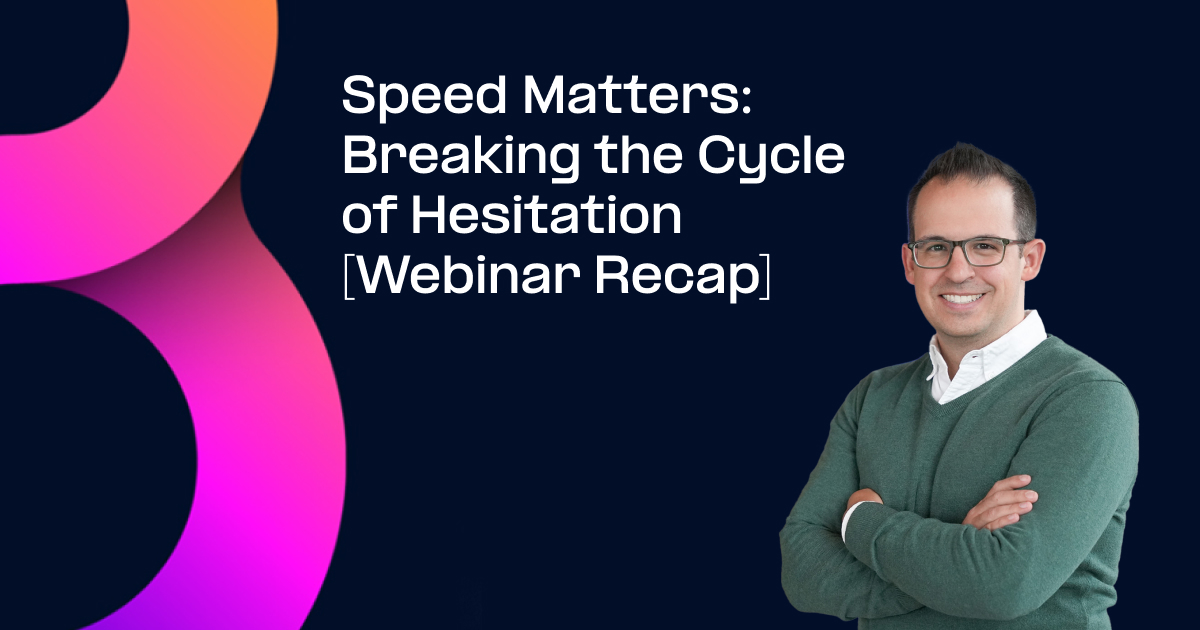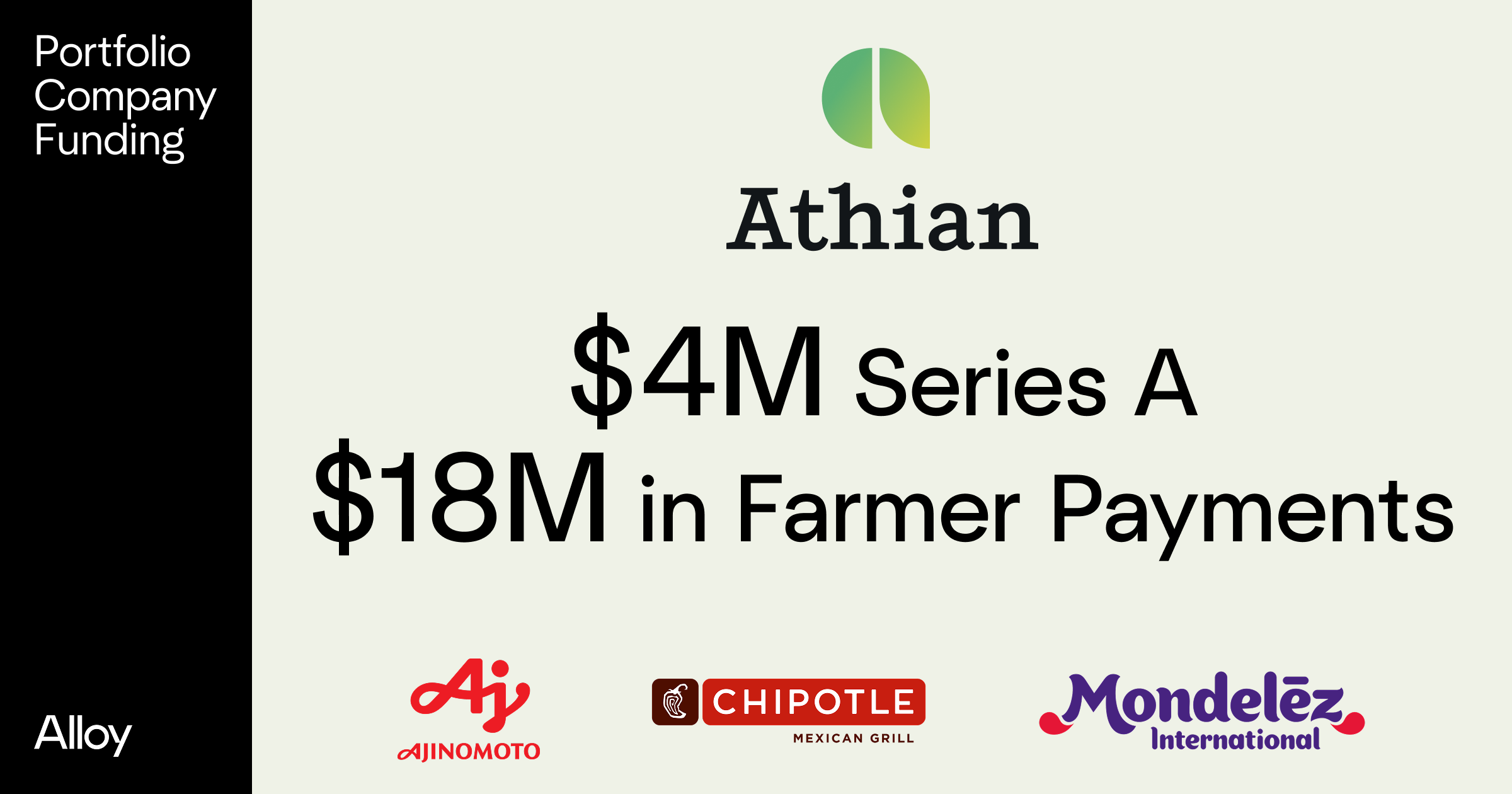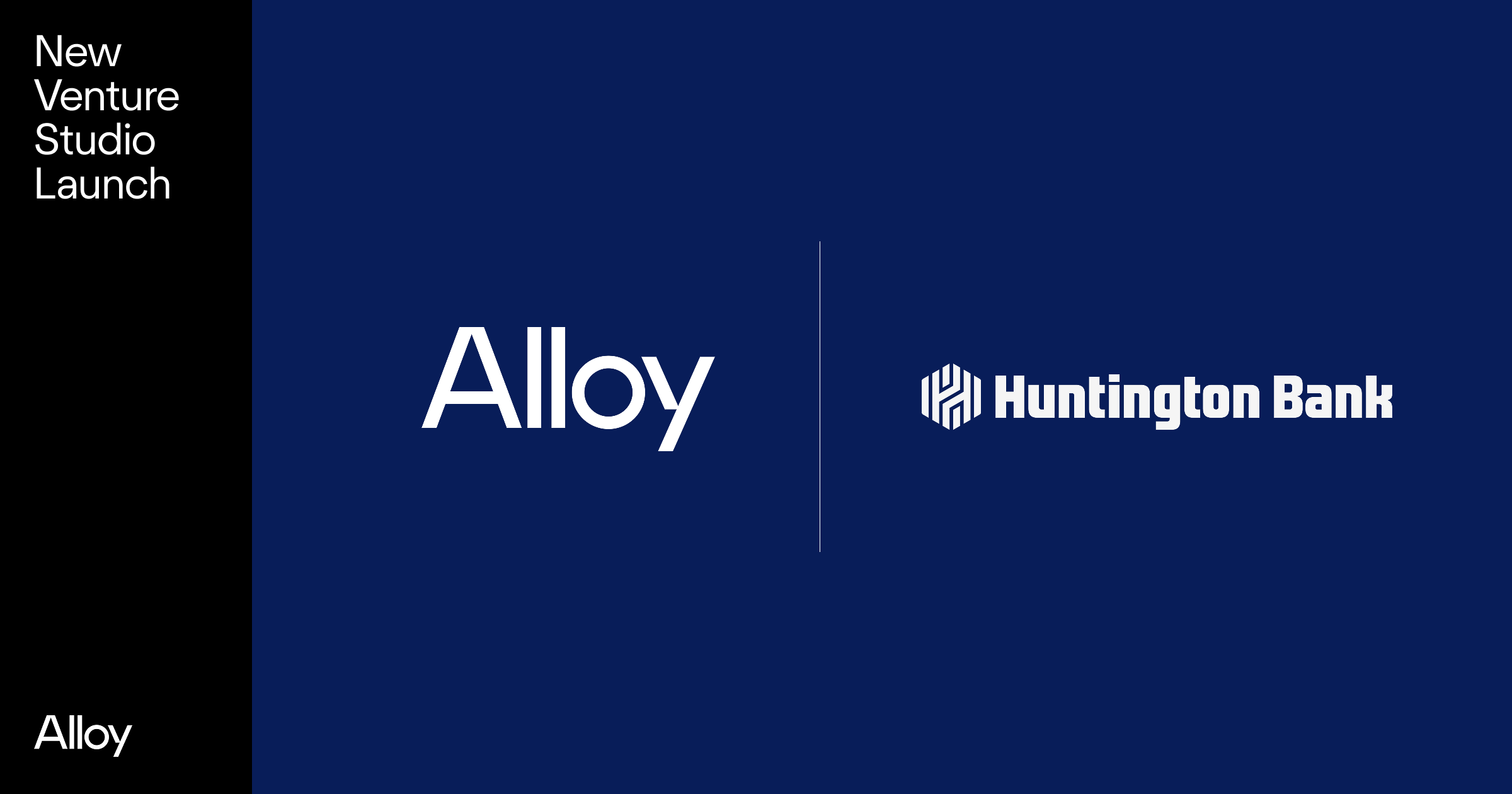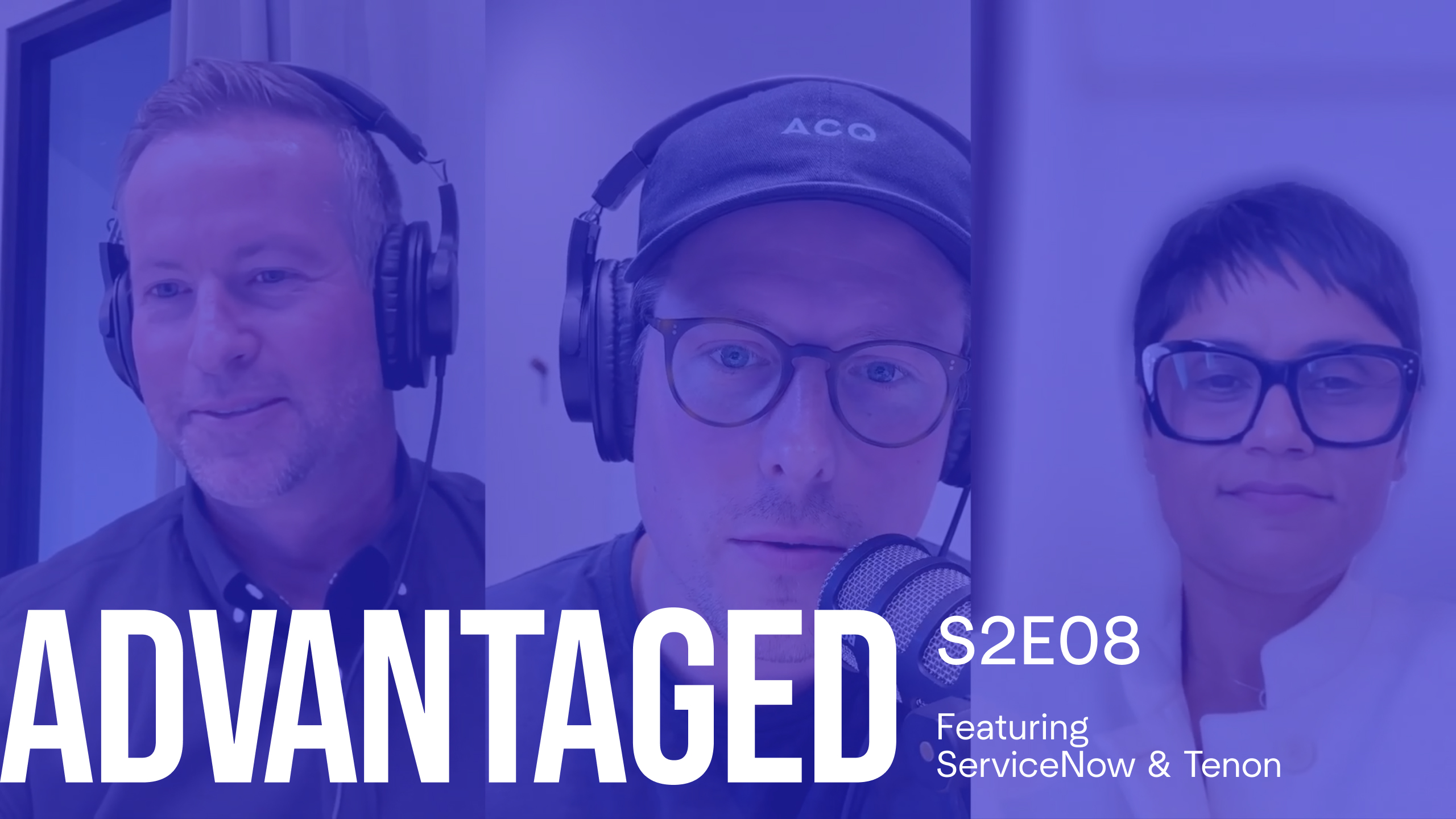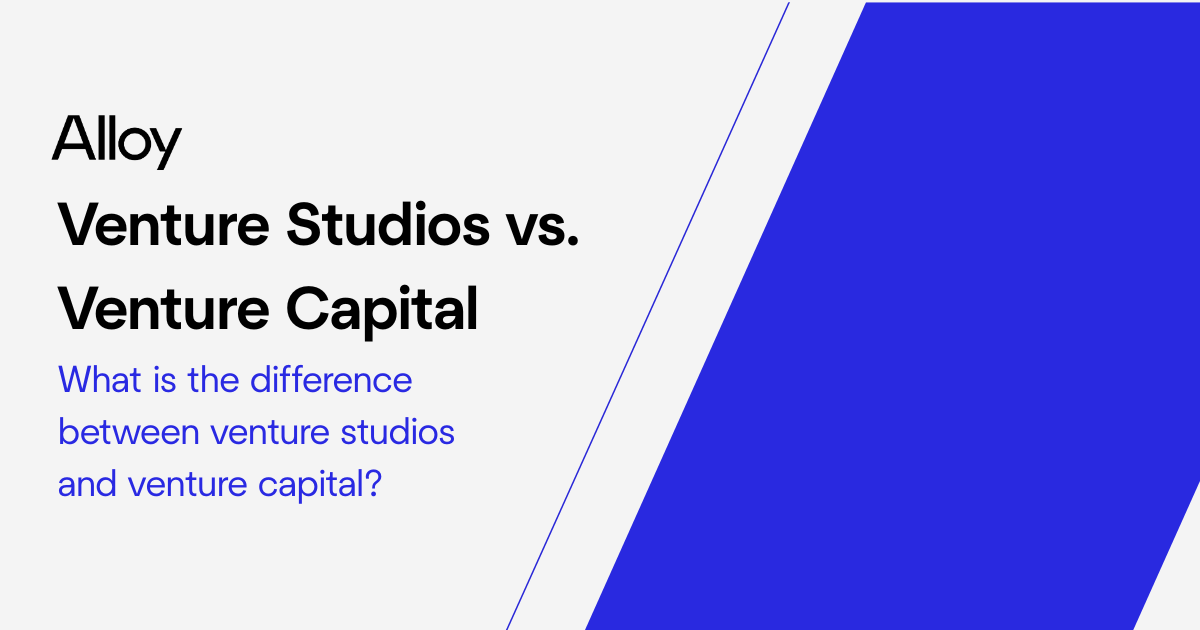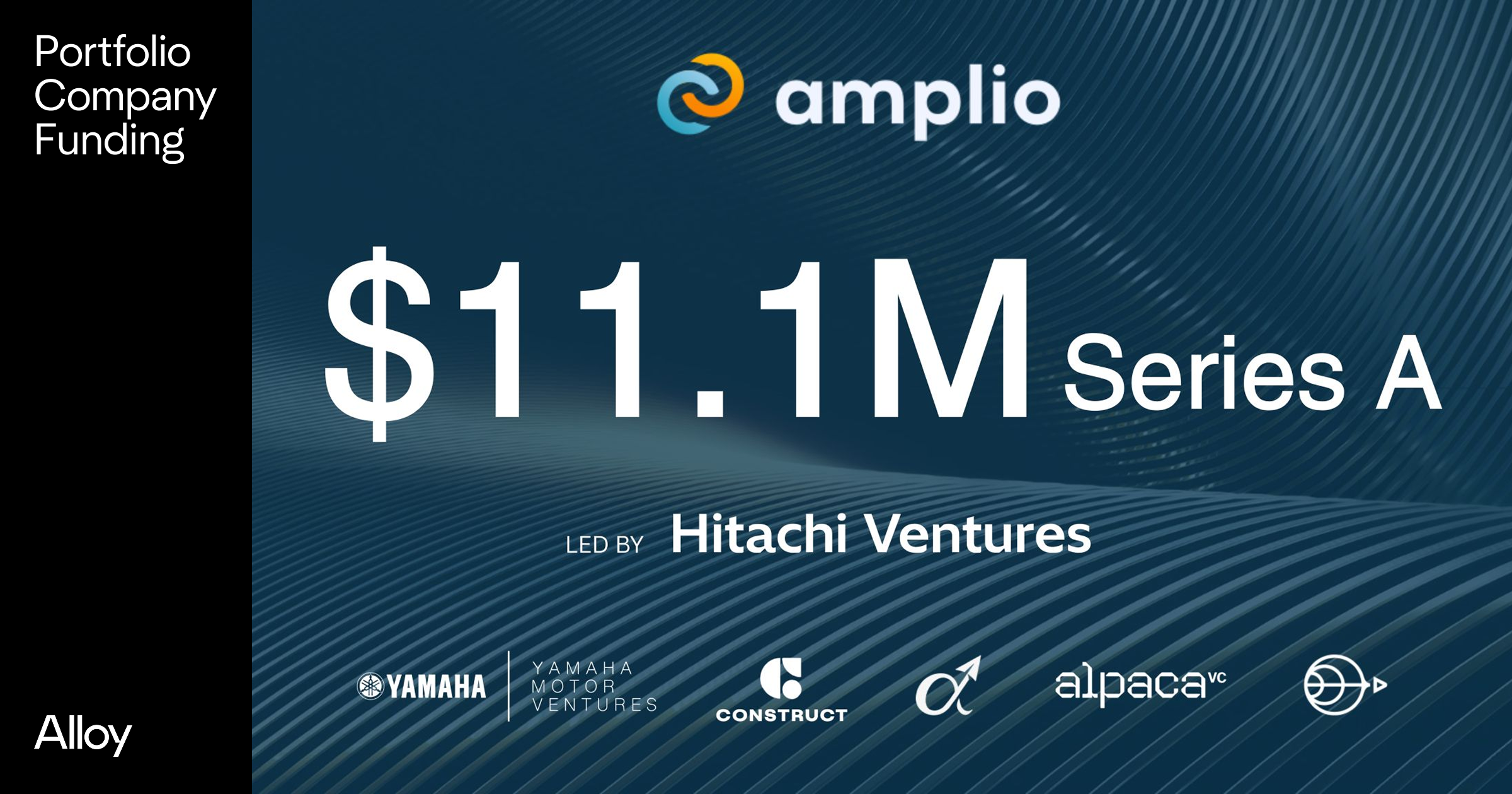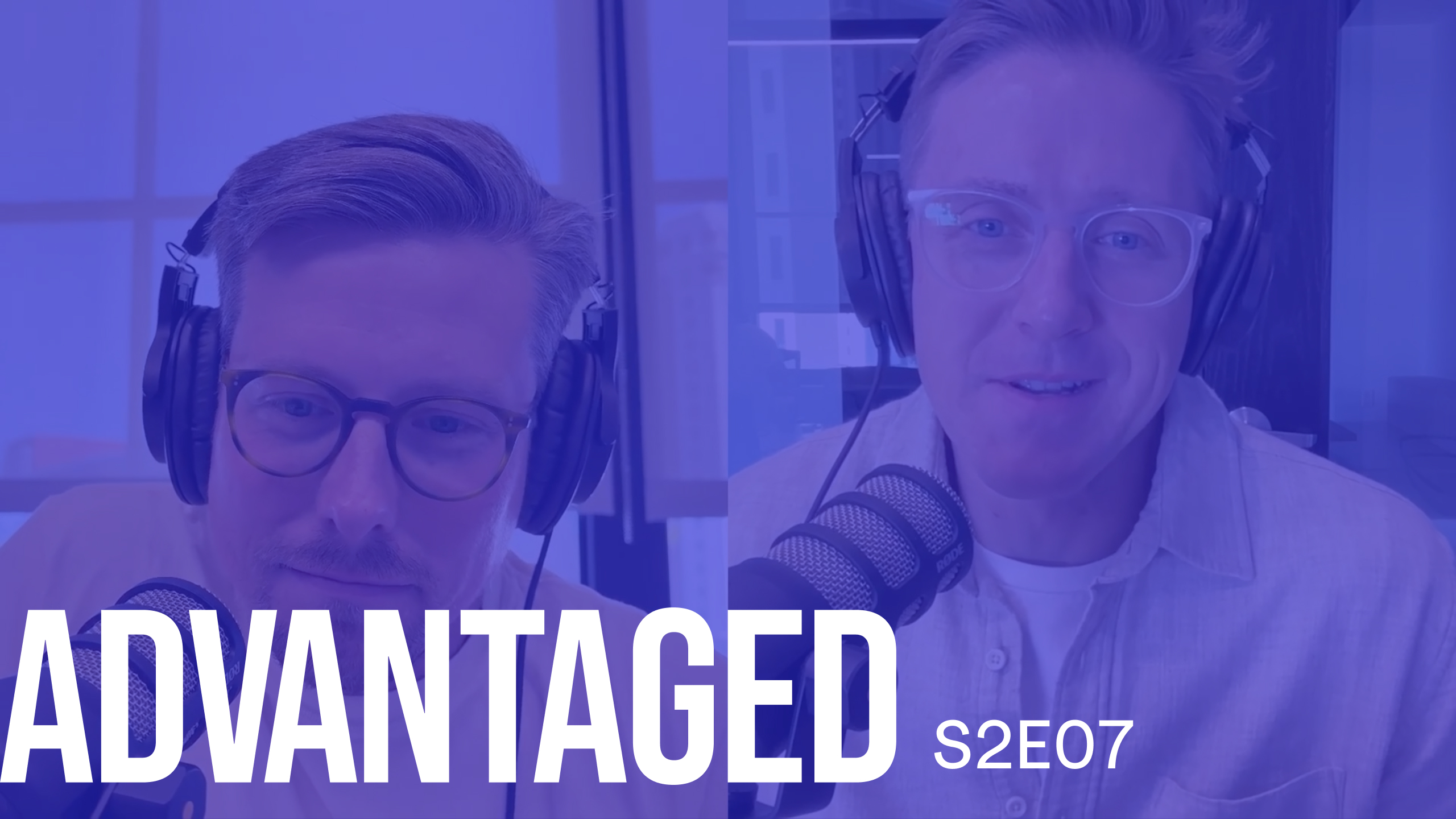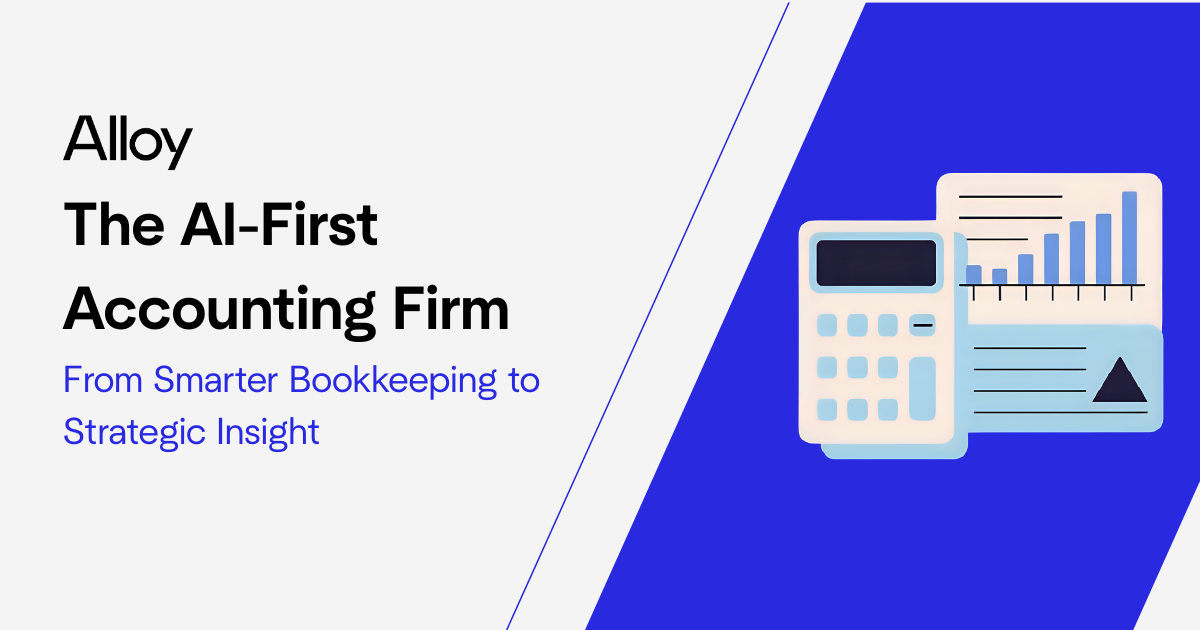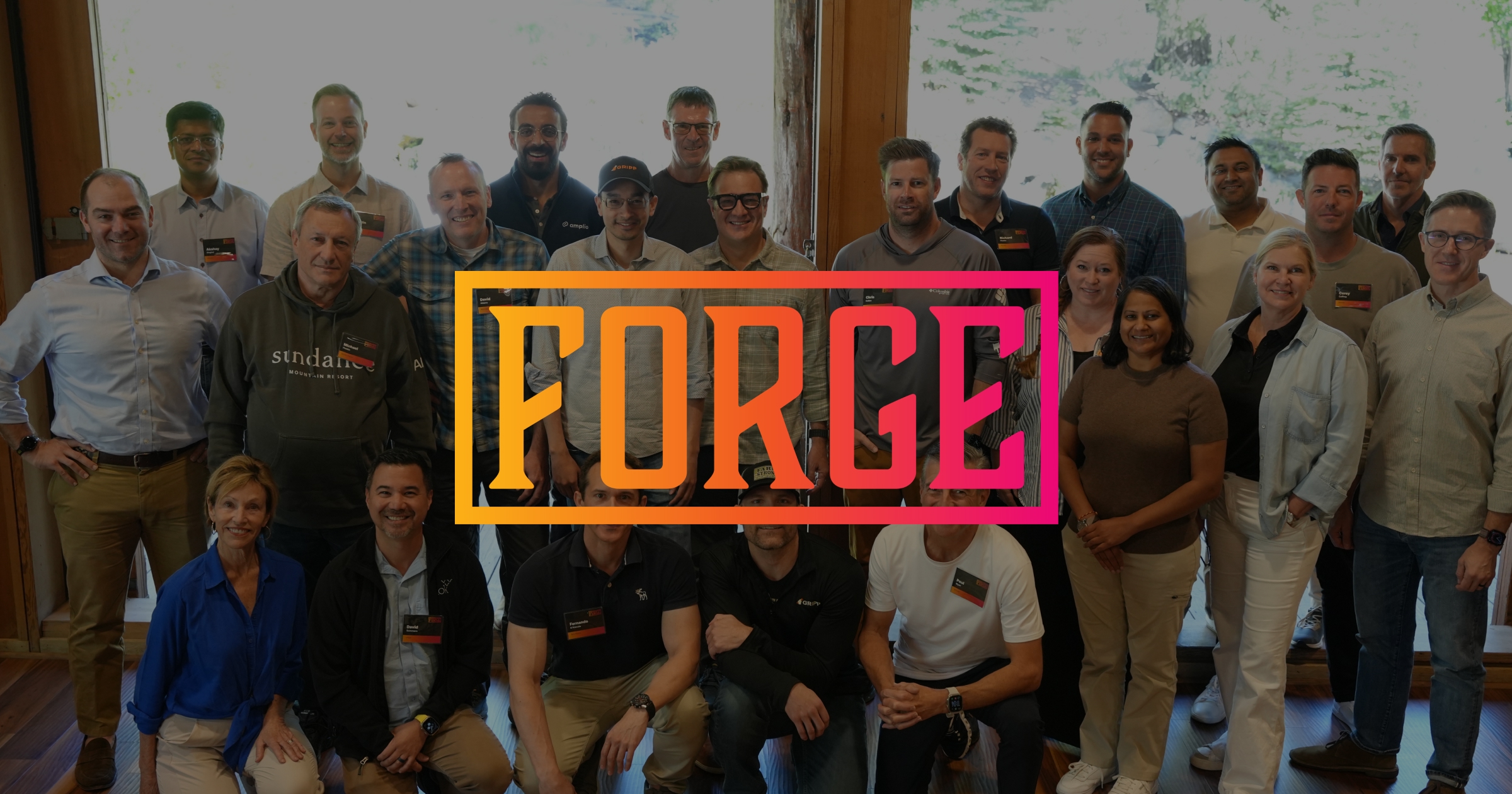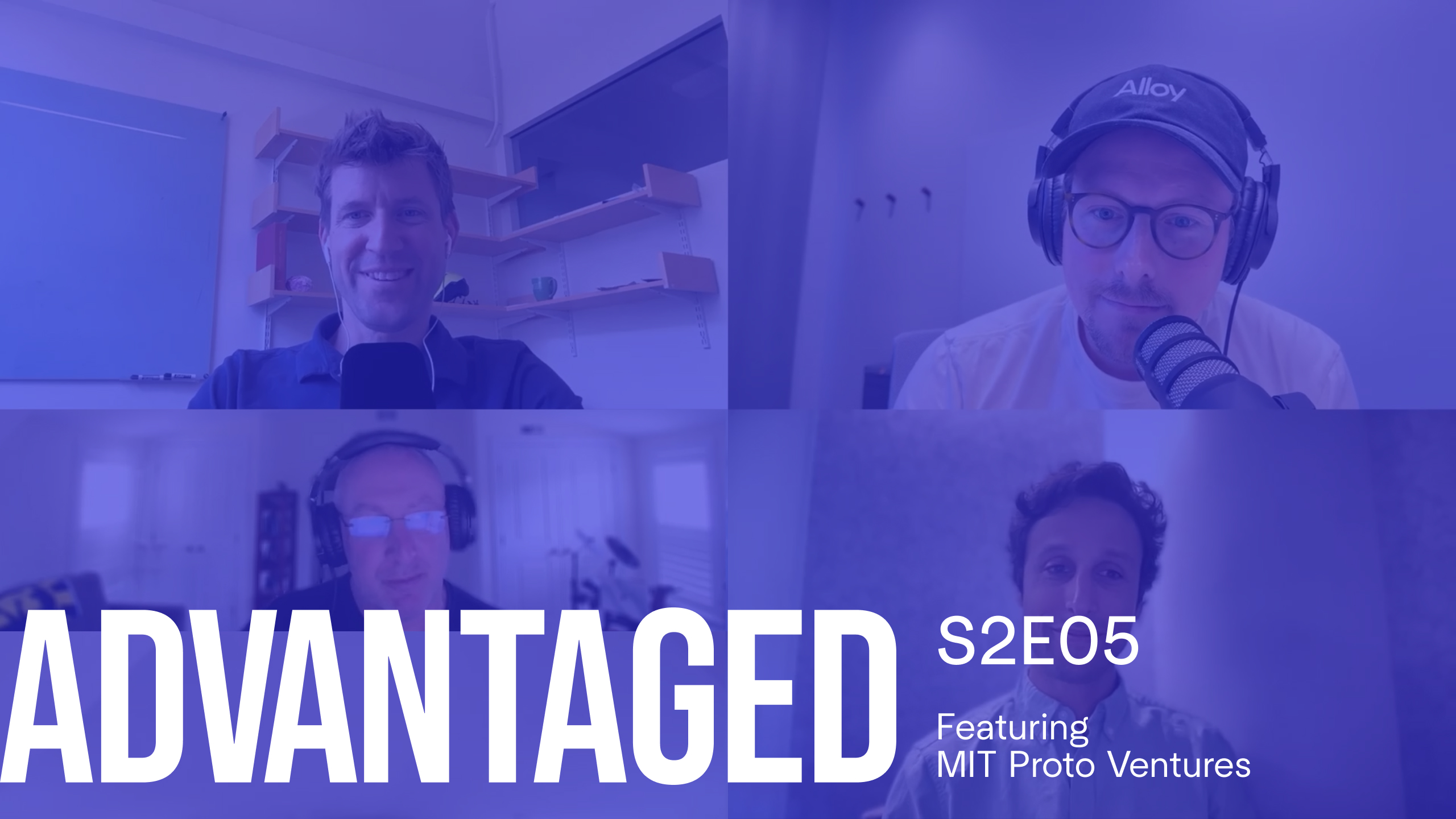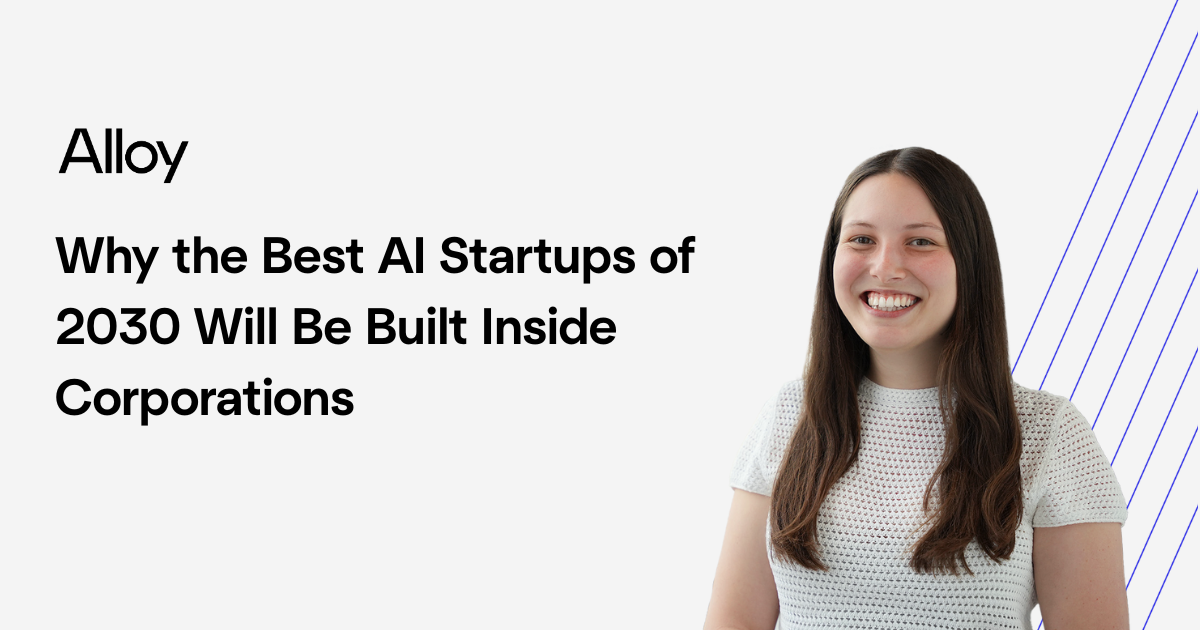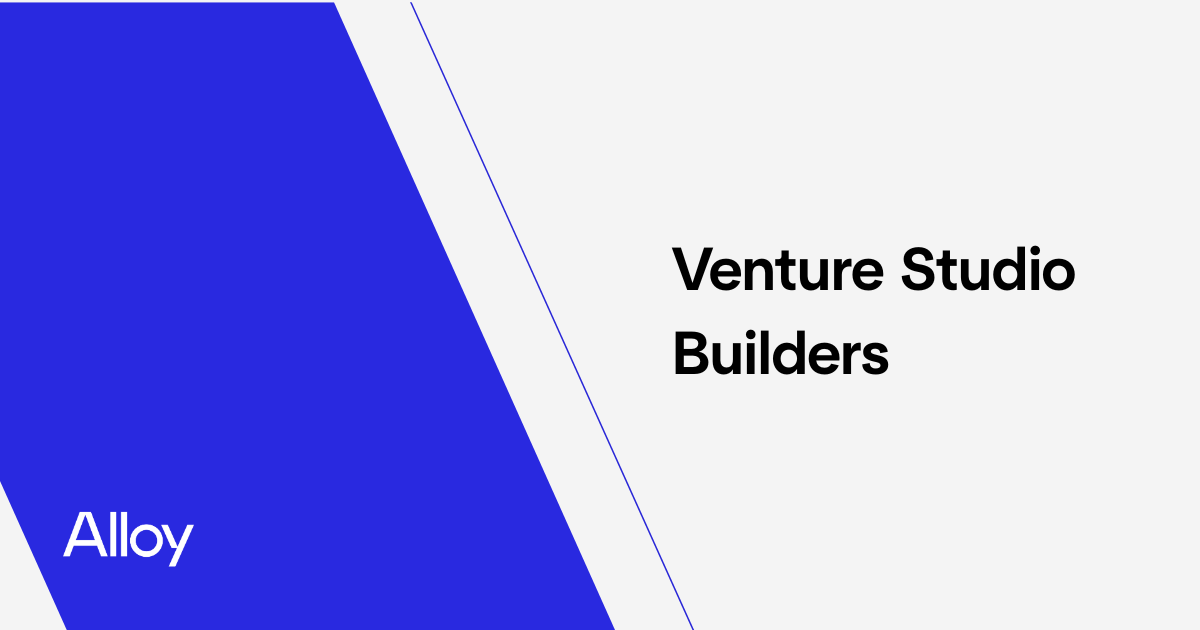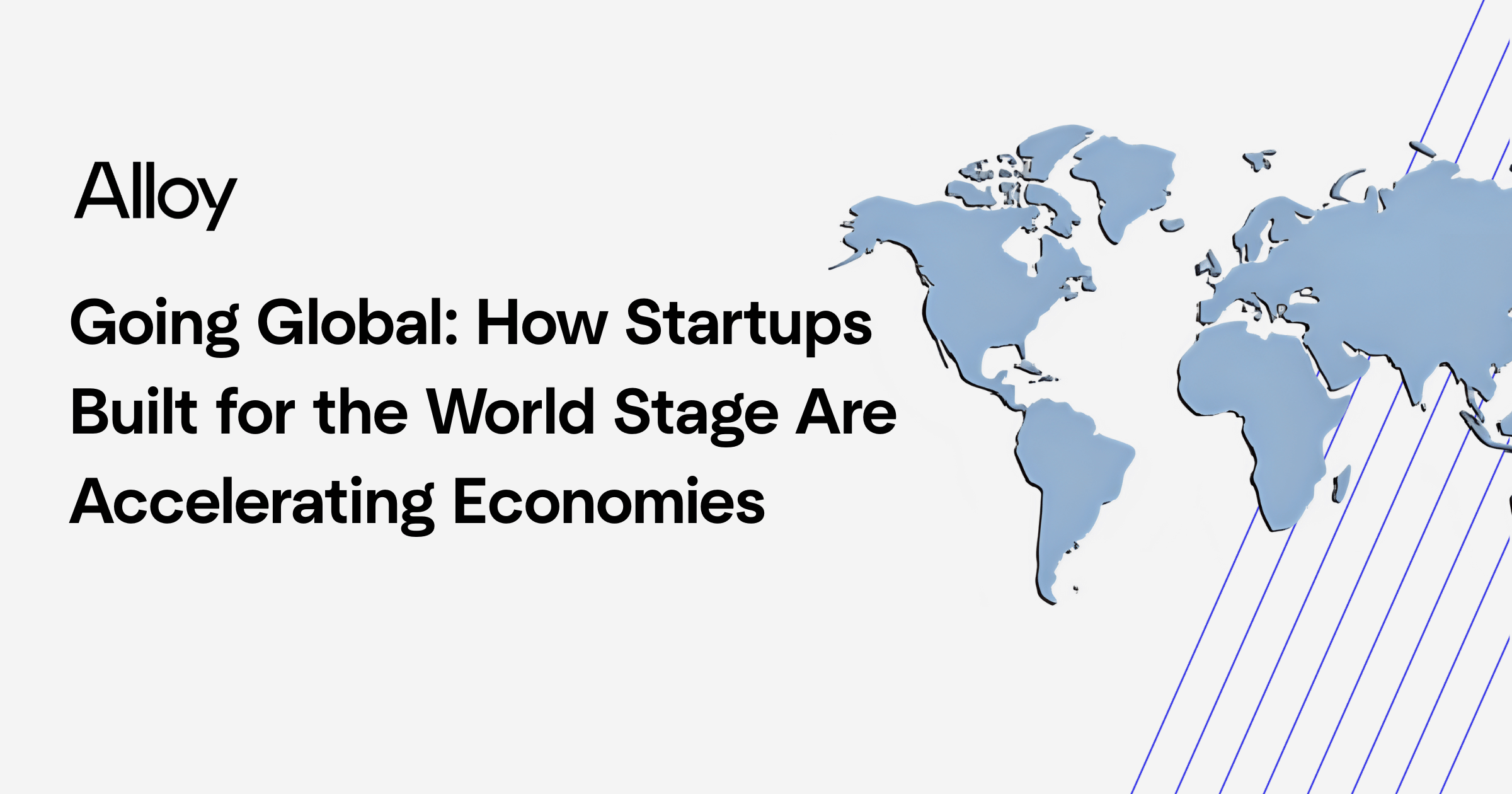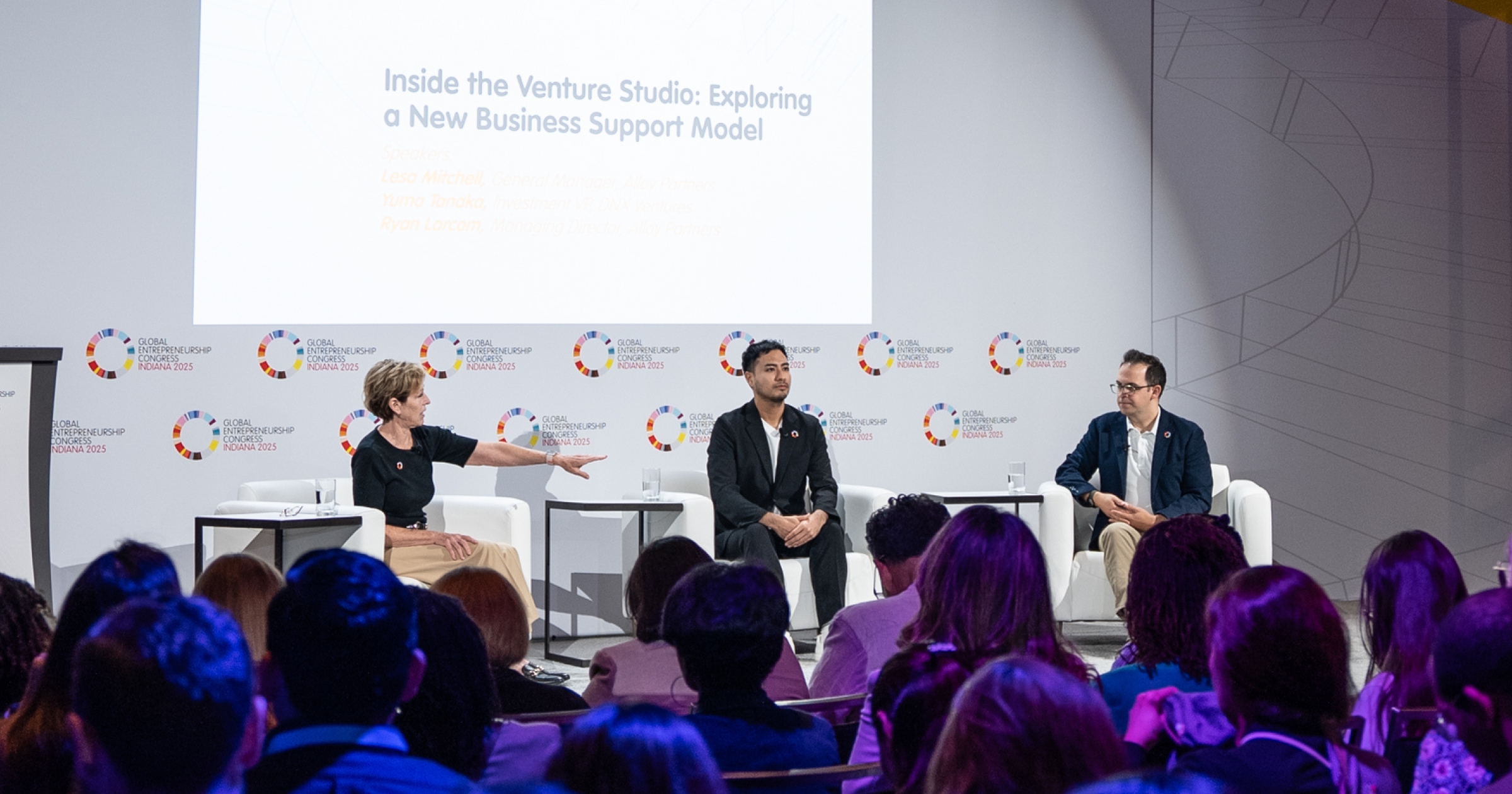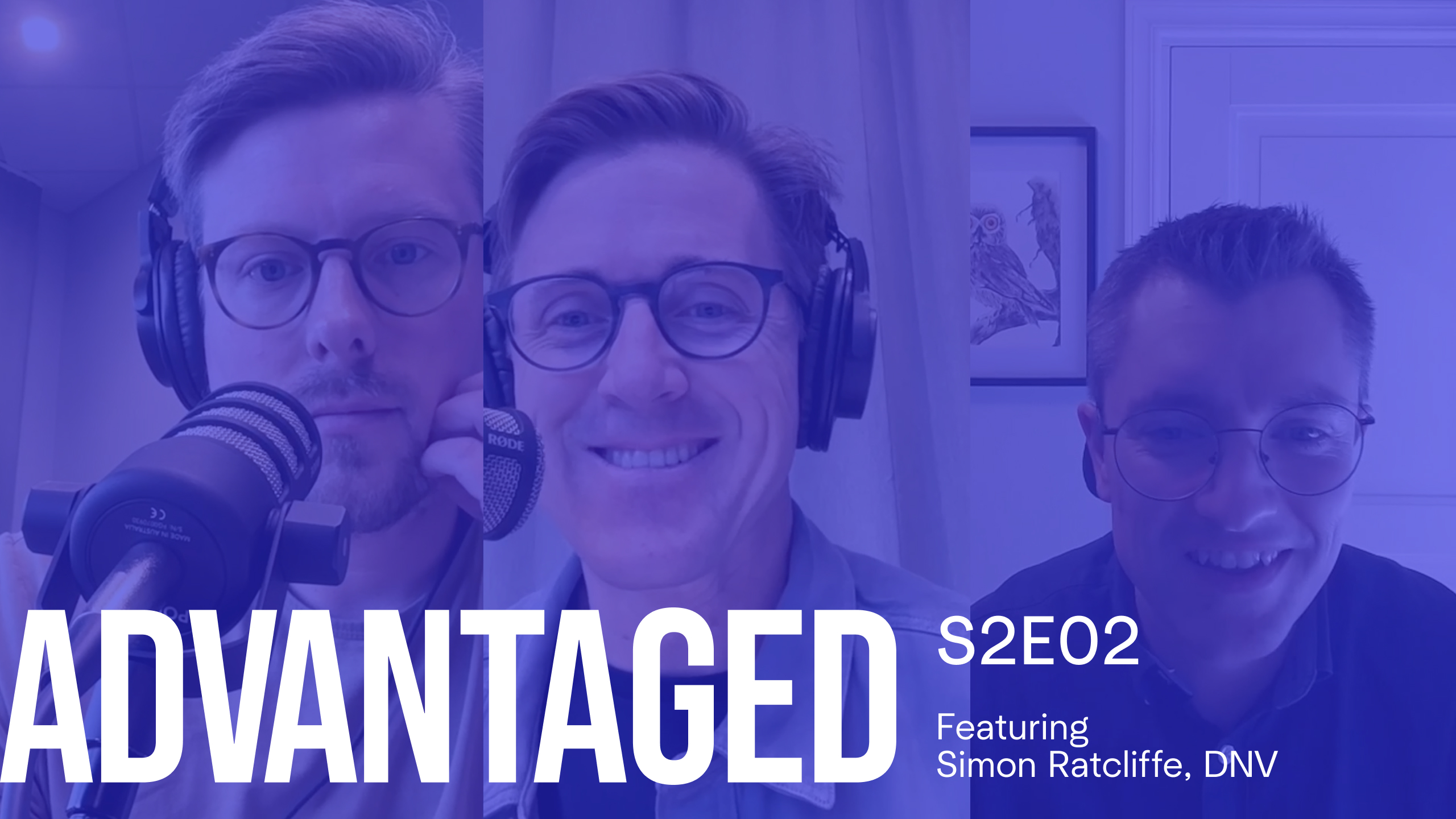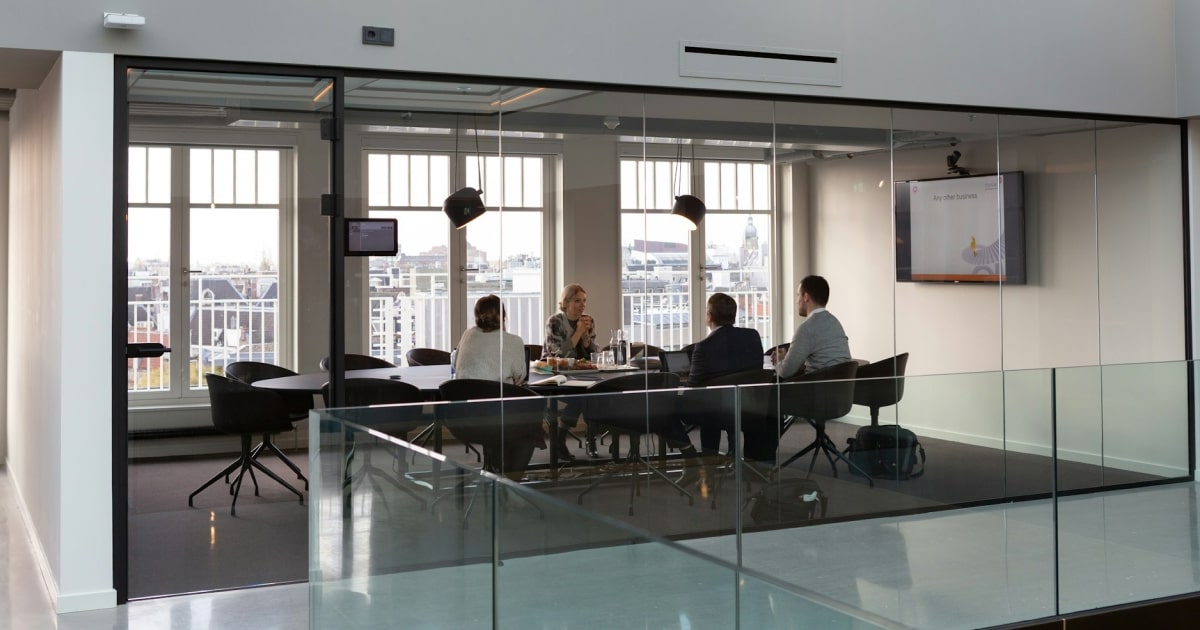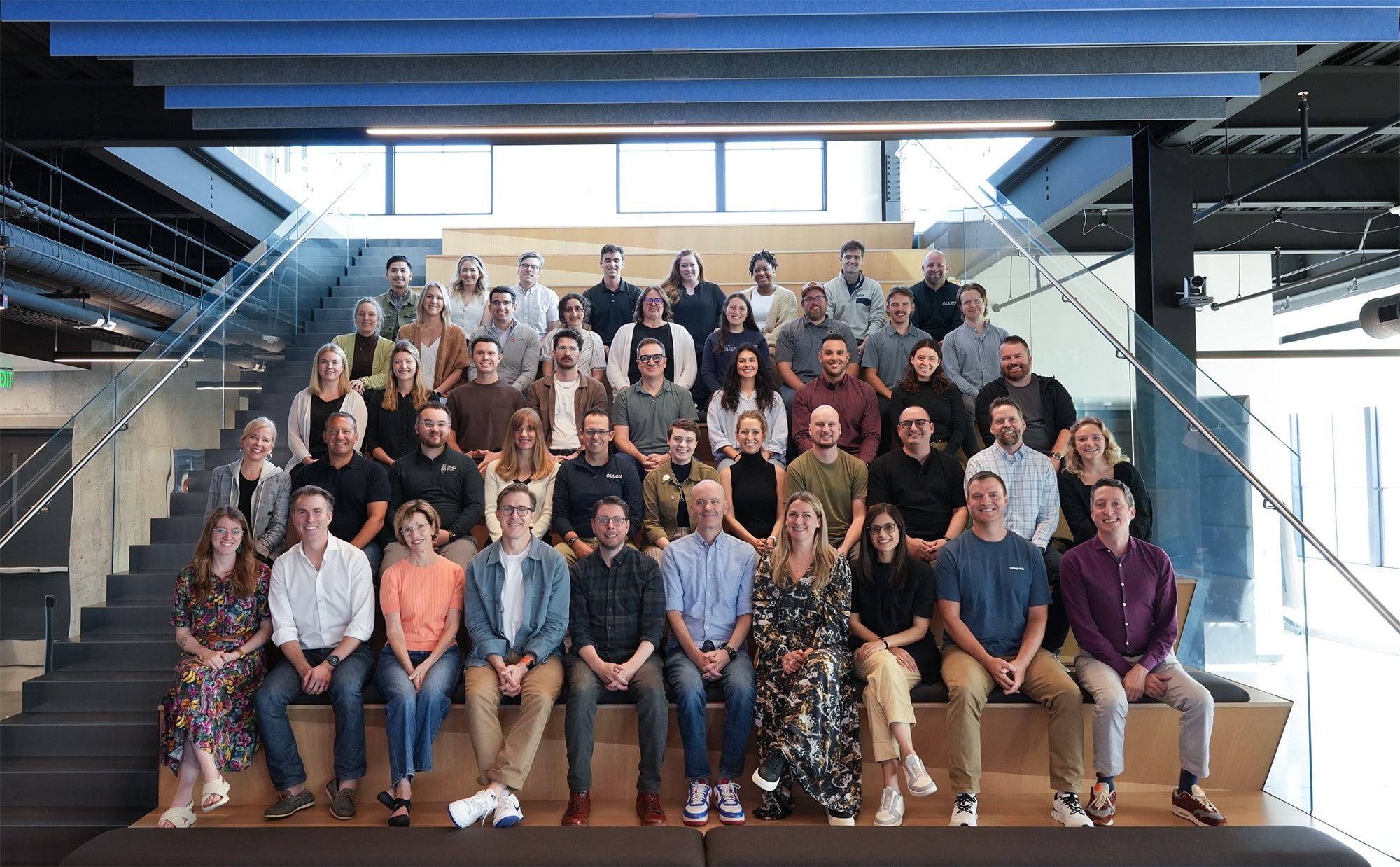In 2021, Julia brought her enthusiasm for creativity and early-stage innovation to Alloy Partners. She thrives in an environment where the team shares her optimism and dedication to envisioning and building a better world. Julia loves the challenge of thinking creatively and collaboratively to bring new ideas to life.
We spoke to Julia to gain insights regarding her motivation, special skill set, and desire to continuously push herself to help build companies that make a difference.

Tell us about your career to date and what led you to want to join Alloy Partners.
Julia: I started my career at the Wesleyan Investments Office, where I had a bird’s-eye view across asset classes, geographies, and industries. I saw patterns emerge across hundreds of companies — how they were financed, scaled, and exited. It sparked a curiosity: What was actually happening on the ground? What did it look like to build something?
That curiosity led me toward venture capital — especially venture studios. I was drawn to the idea that you could imagine the most positive version of the future, and then go invest in it and build it. From my vantage point as an allocator, I also saw the potential for venture studios to become a new asset class at an early entry point — real companies like Snowflake have come from this model.
I wanted to be part of that. I joined Techstars as an associate for the NYC accelerator, and later joined Alloy Partners to be on the front lines of building startups with world-class corporate partners.
Walk us through a typical day. What are some core tasks and projects you take on daily?
Julia: A typical day is dynamic and fast-moving — we're building startups in real time. Last week, my team and I pitched a startup in the pharmaceutical industry, and this week, we're working toward an investment decision and pilot.
This morning, I joined an advisory board meeting to share our progress with our corporate partner and get their feedback following our sprint week and pitch. Then I moved into structuring work for a pilot implementation. After that, I searched LinkedIn for pharma contacts to continue validation conversations. I wrapped the day iterating on our Path to Seed model to determine how we position for investment.
Every day looks a little different depending on where we are in the startup building process — but it's always anchored in building in the real-world.
Share one of your favorite projects you’ve worked on so far at Alloy Partners.
Julia: One project that really stands out is our work with a Fortune 500 Michigan-based energy company. They came to us with a sharp, clearly articulated challenge around sourcing biomass—and because the problem was so pointed, we were able to get to startup building mode quickly.
Together, we launched a bold new concept: a company that collects wood waste from construction sites and converts it into biomass fuel. It’s a win-win—helping construction firms adopt more sustainable practices and providing energy companies with reliable, renewable fuel sources.
Being a part of that sprint week my first week on the job showed me the power of what we do: when a corporation brings deep expertise and a real-world problem, and we match that with startup speed and creativity, something transformational can happen. I've chased that synergy ever since and it's come across in every project I've been a part of.
What inspires and motivates you to thrive in your role?
Julia: What keeps me motivated is the belief that we solve bigger problems, faster, when we work together. These problems span health equity, economic development, and sustainable energy. Our team brings deep, differentiated expertise—whether it’s in sales, talent, industry-specific expertise—and that allows us to take on bold ideas with confidence.
Knowing that I’m not alone, and that I can dream bigger because of the diversity of skill-sets our team brings to the table, is incredibly empowering.
What skills do you need to be successful in your role on your team?
Julia:
- Investigative research and systems thinking: Whether it’s Reddit threads, academic journals, or cold outreach, you have to be able to dig deep and connect the dots across complex, niche domains.
- Comfort with ambiguity: We often start with just a hypothesis. Being willing to test, refine, and build in real-time is essential.
- Customer obsession: We're constantly interviewing potential customers, understanding their pain points, and ensuring we’re solving a real problem.
- Business model thinking: It's crucial to understand unit economics, value propositions, and what it takes to go from idea to scalable company.
- Product mindset: We have to be able to think through how something could actually be built—and used—and what an MVP looks like.
How do you collaborate internally and externally in your role to help build new startups?
Julia: Collaboration is baked into everything we do. Externally, we work closely with corporate partners who bring deep industry insight. That partnership is what allows us to identify real, timely problems that startups are uniquely positioned to solve.
Internally, we divide work streams based on expertise but learn from each other constantly. For example, I might lead the market validation and marketing sizing work stream while observing on the pilot side to level up for future sprints. There's constant knowledge-sharing and mentorship within the team.
Describe our culture. How does the company live its mission, vision, and values?
Julia: Our culture is very growth-oriented. I've had the opportunity to lead company-creation from research to pitch and jump into new industries head-first, all with strong mentorship and guidance. Giving opportunities to try new things and iterate is core to our culture's DNA.
Our group is empathetic and supportive. Building startups and solving big problems is deeply rewarding—but it’s also really hard. I’ve lost count of the times a teammate has given me a pep talk before a pitch, jumped into a late-night brainstorming session during sprint week, or encouraged me when I was being hard on myself. That kind of support makes all the difference.

What sets the business apart from others you’ve worked at? What makes you want to grow here?
Julia: When I joined my first program team, I asked my usual question for any new team or project: What should I be reading? My team lead’s response stuck with me: I could give you a long list of books, but this hasn’t been done yet.
That moment was a powerful reminder: we’re at the forefront of something new. Venture studios are still an emerging asset class. We’re pioneering how to blend deep corporate expertise with the speed and creativity of startups. And we’re tackling real-world problems that haven't been solved—like how to bring empathy into nurse scheduling or how to help small business owners thrive.
Because of that, we’re learning together every day. I get to stay curious, ask big questions, and help build something that doesn’t exist yet.









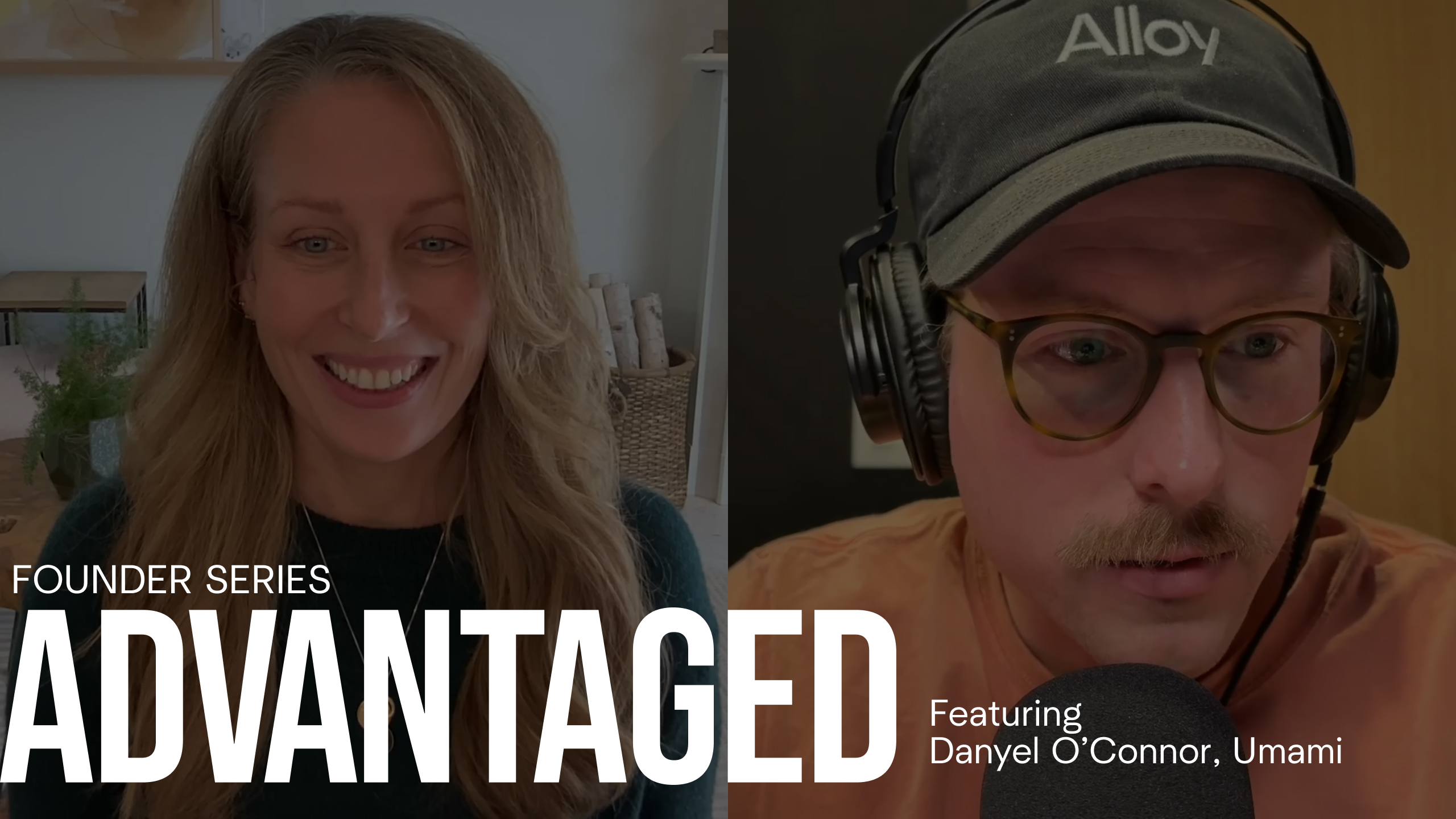
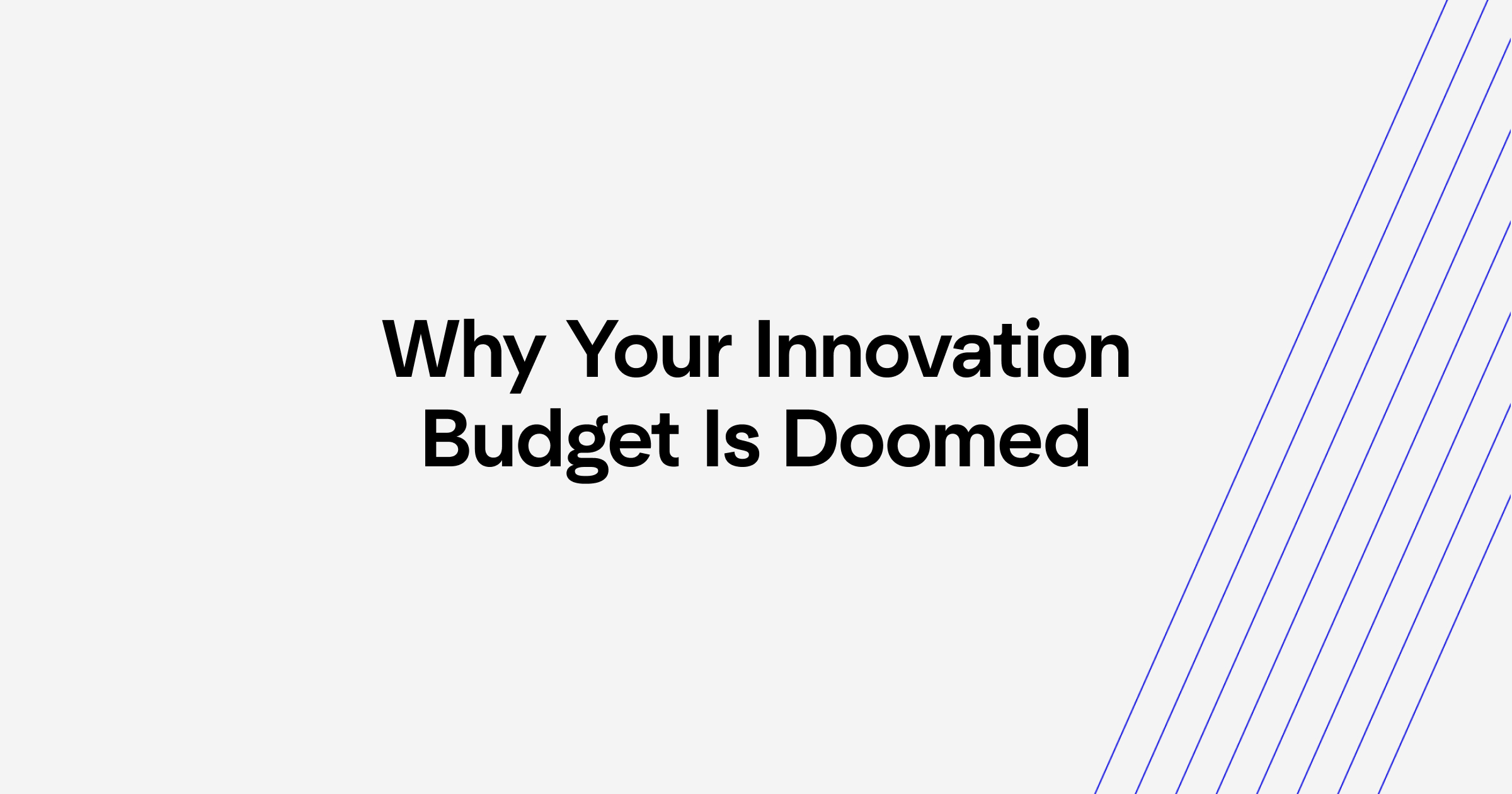
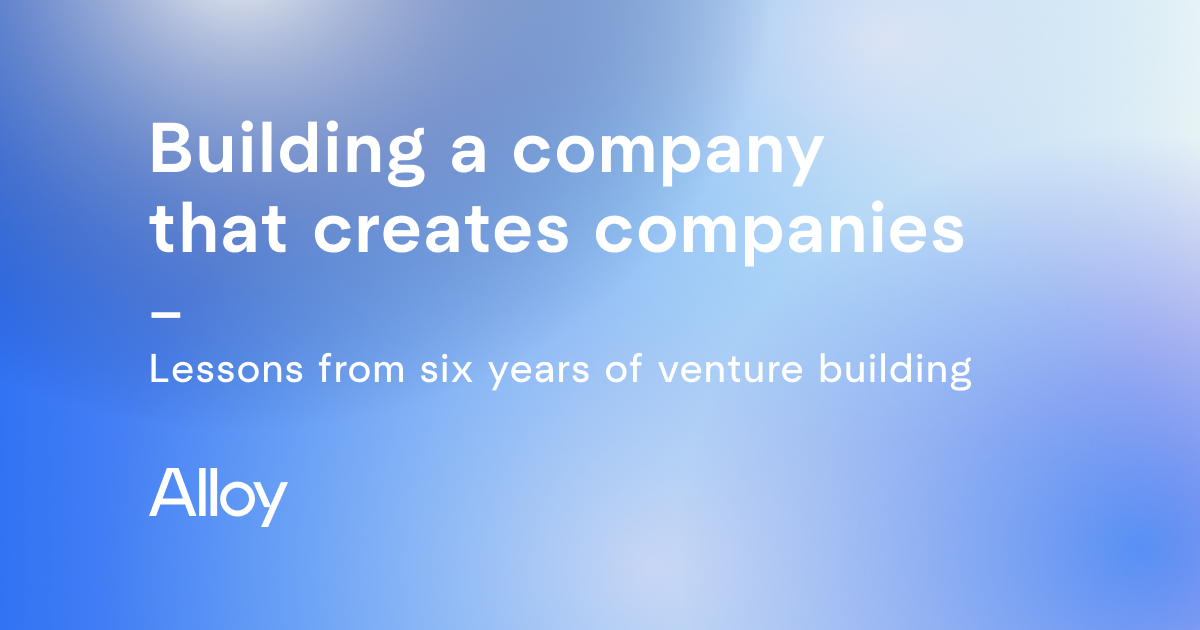
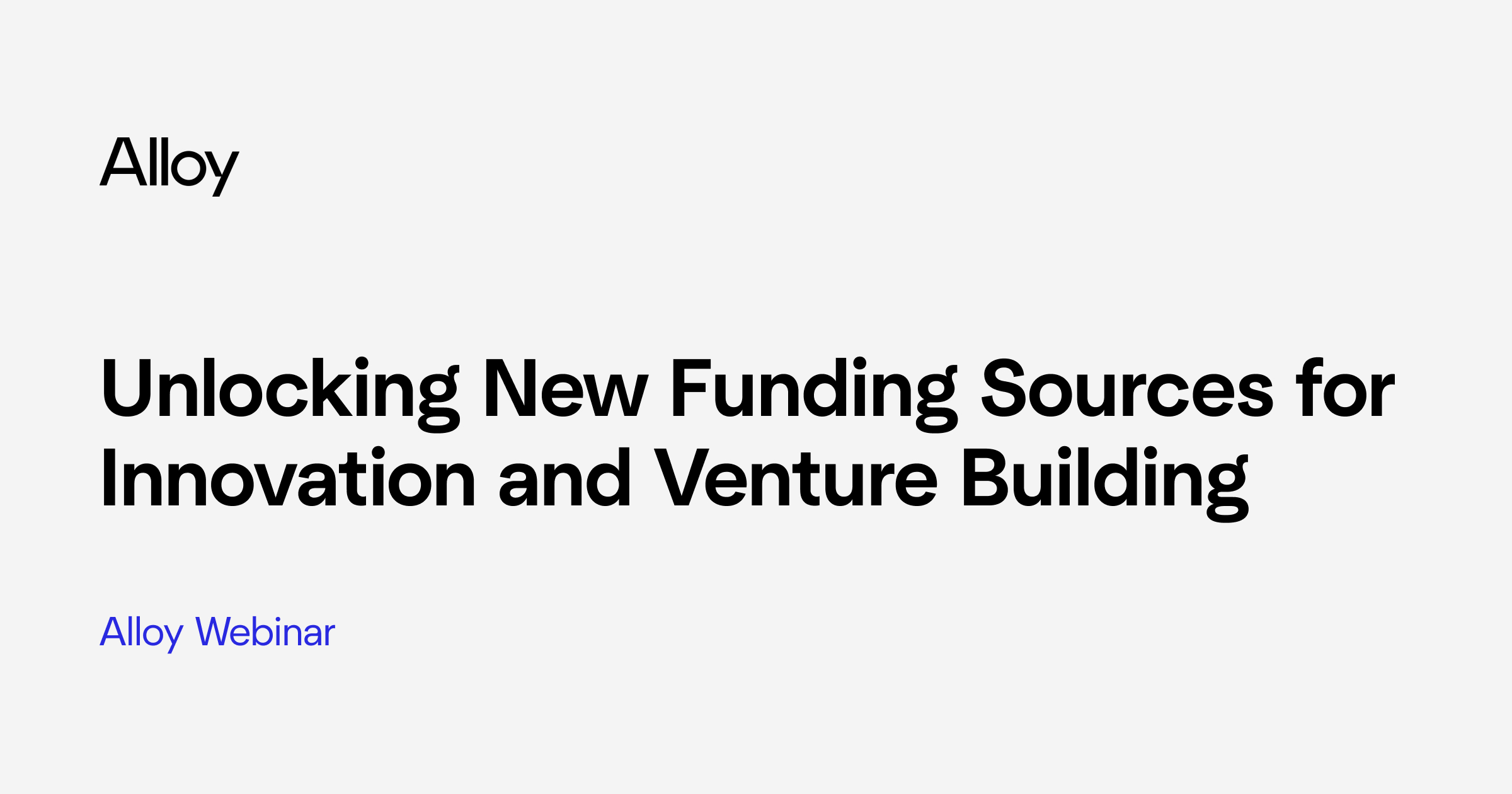

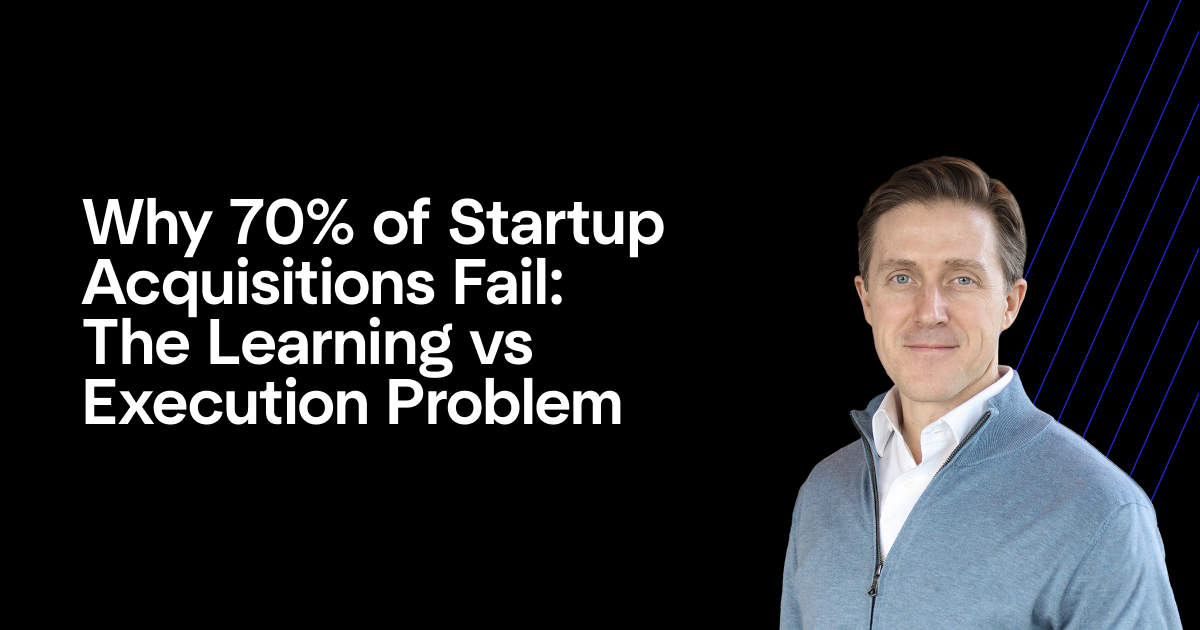


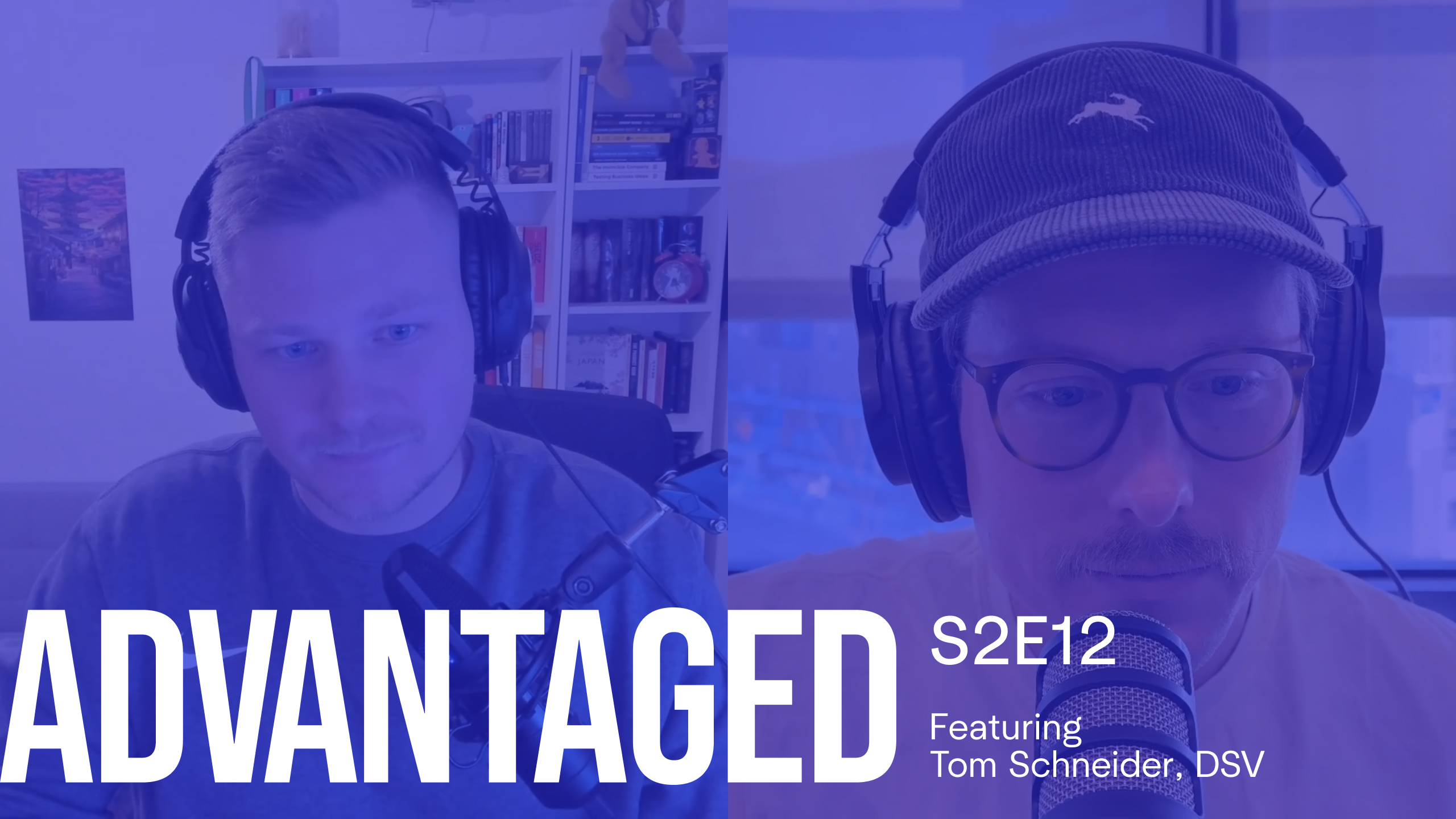
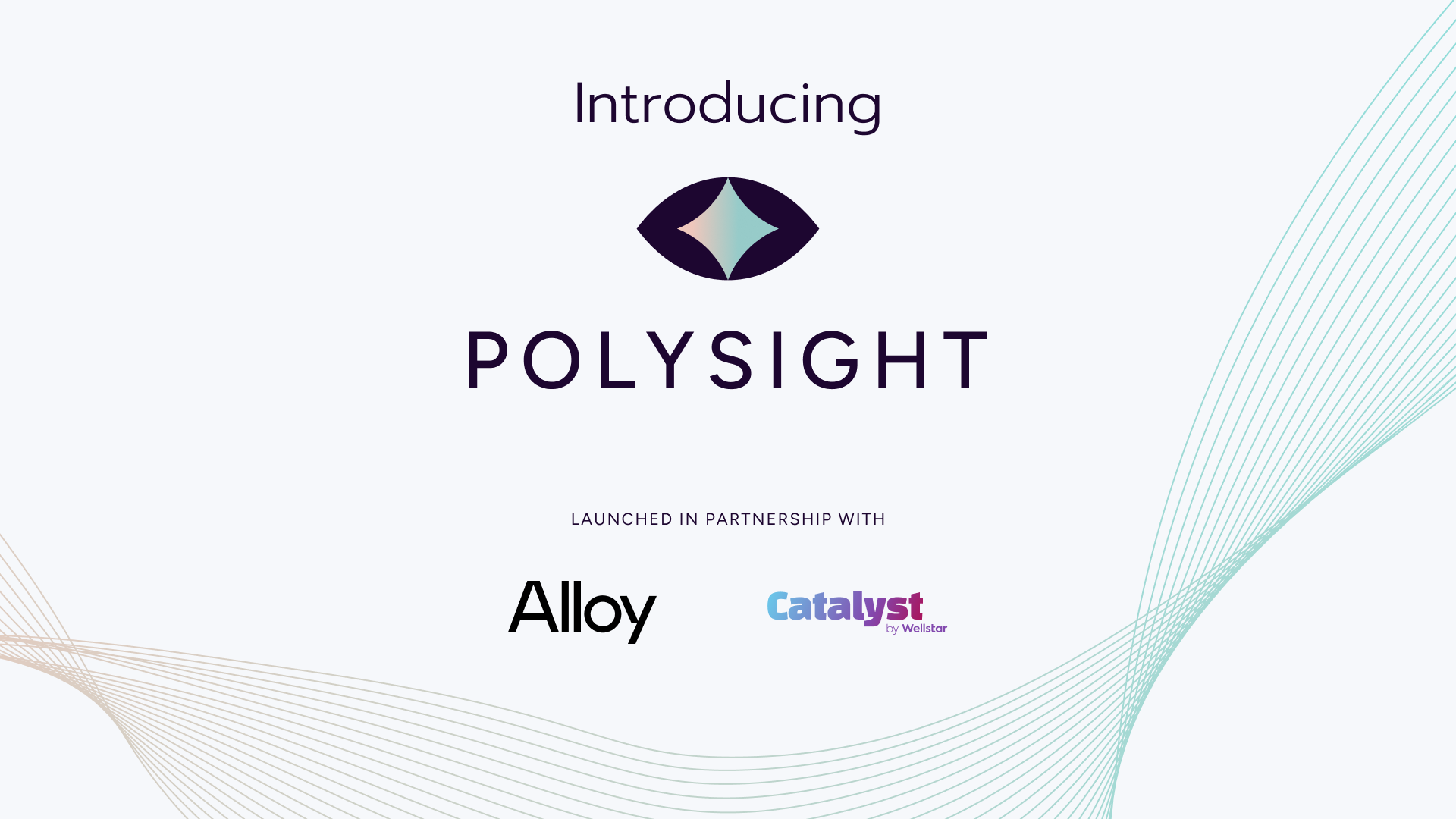

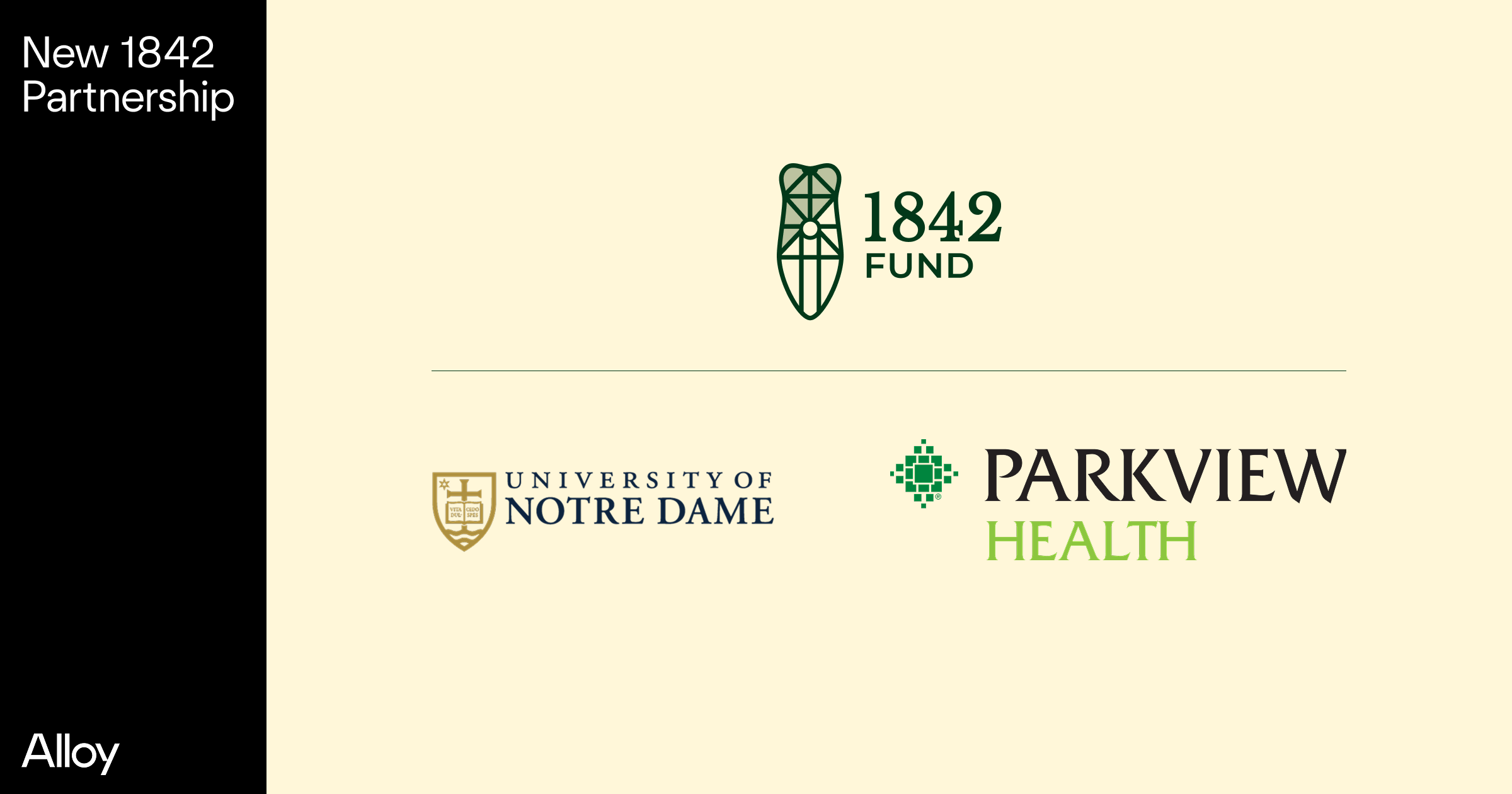
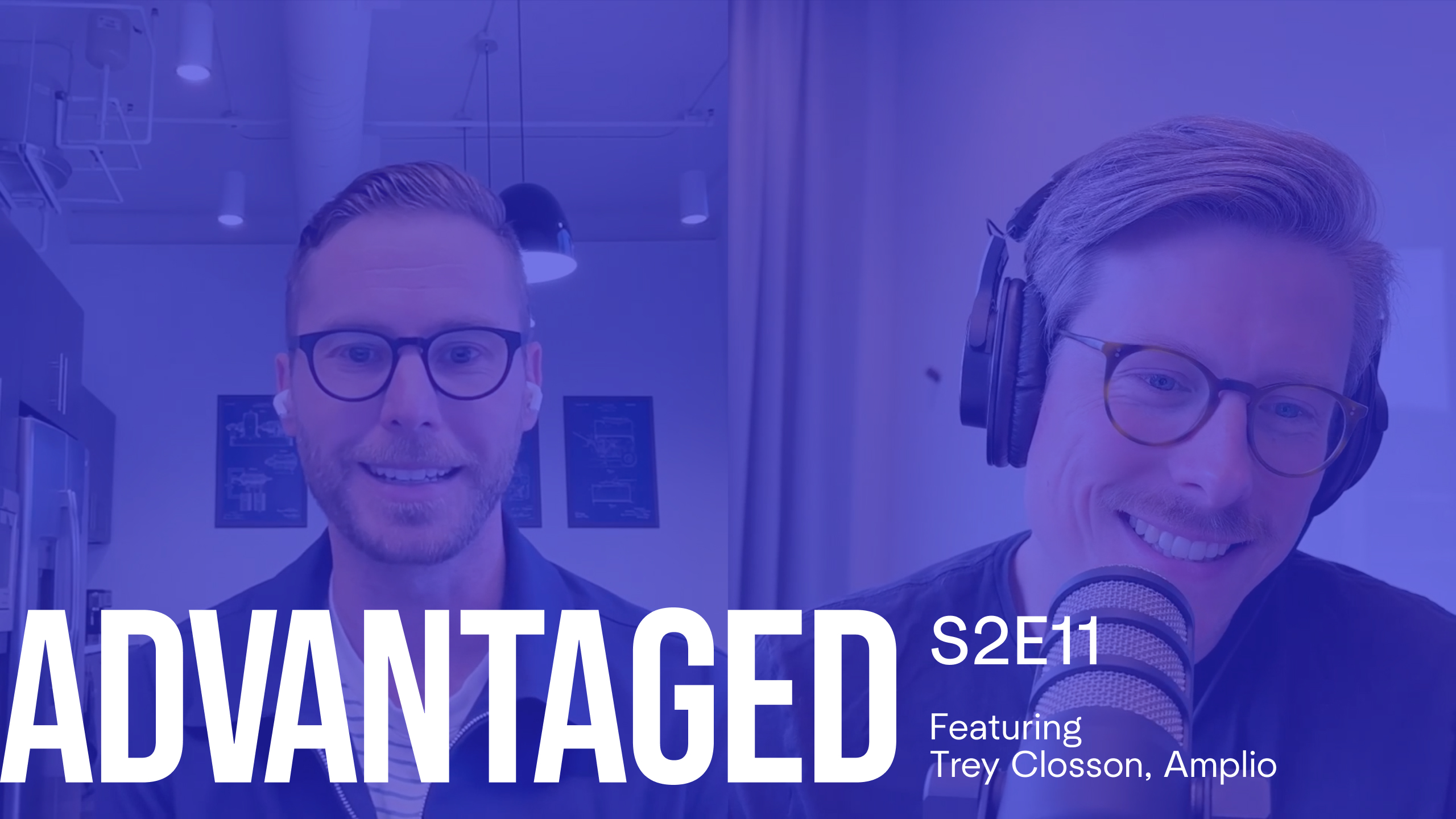
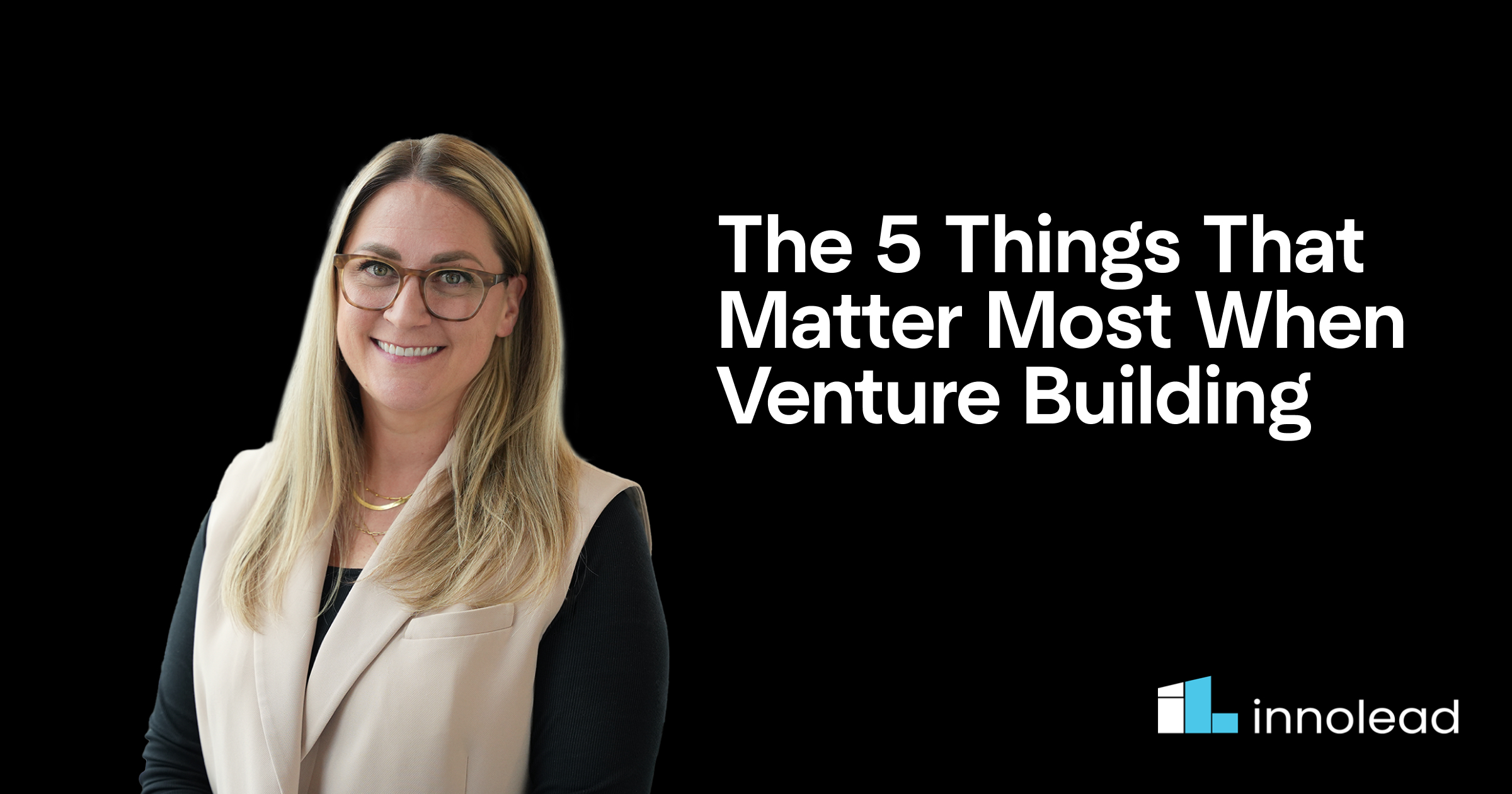
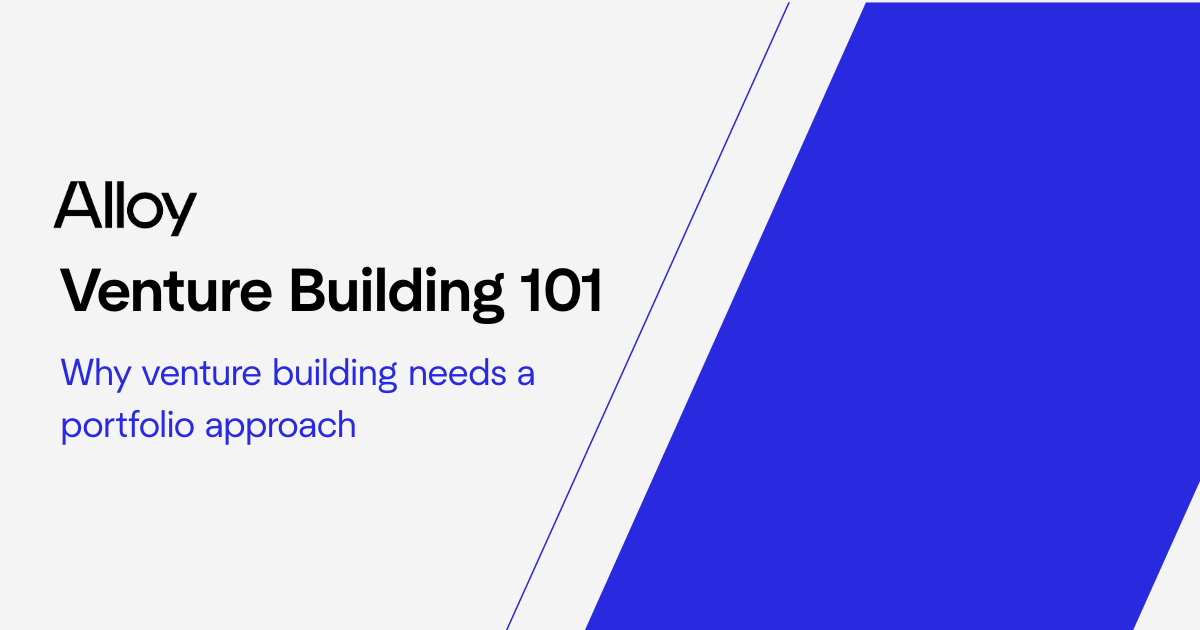
.png)
